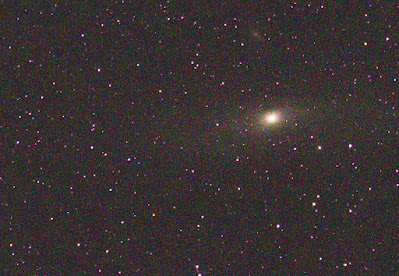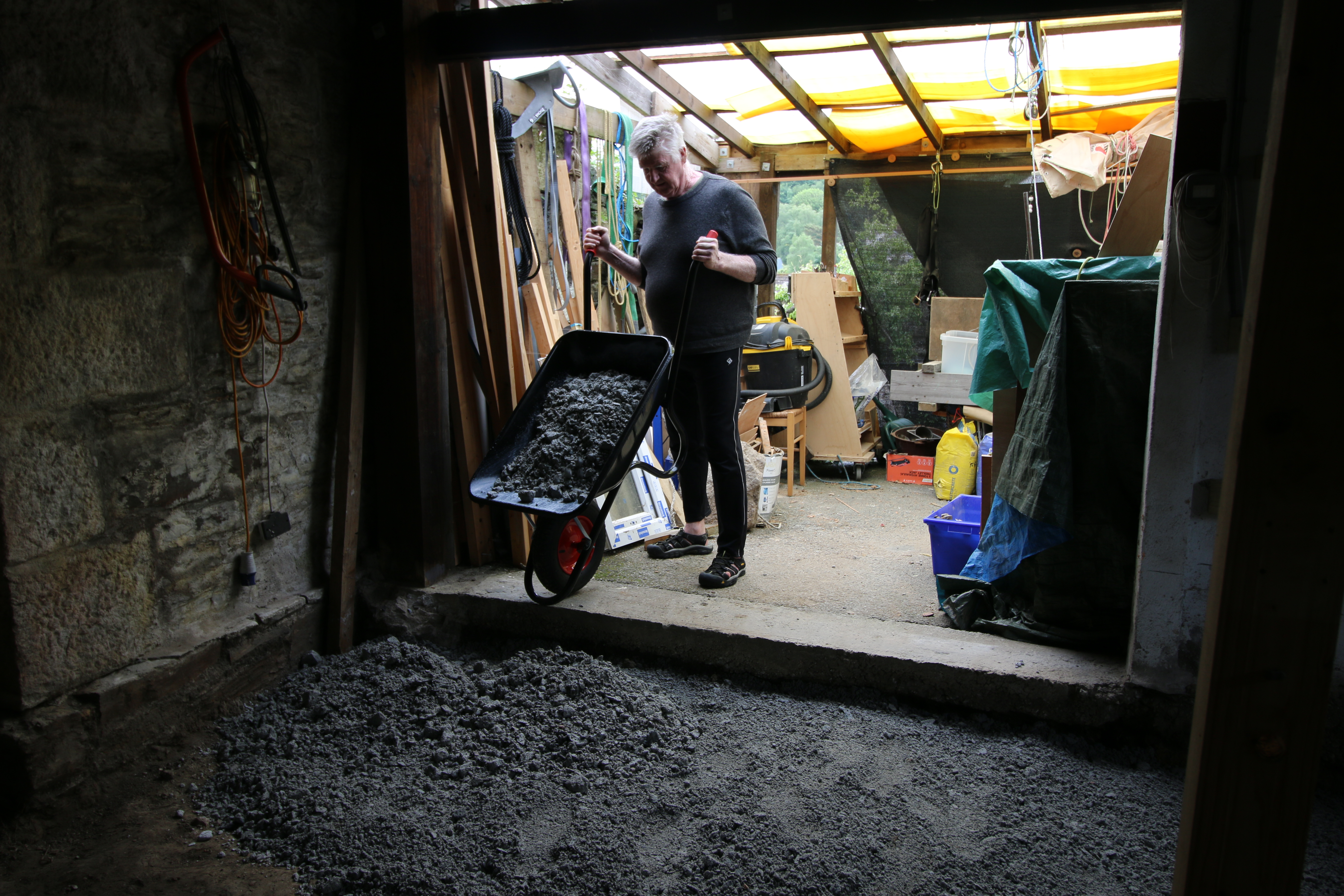Collective wisdom of hive mind please. And be kind please! Remember 'we don't know what we don't know!' 😁
Arwen is on her new trailer and I have to decide what to do with
these bunk supports to get her to sit correctly and safely. The entire boat
weight during trailering will be all on the keel rollers.
So I'm guessing these bunks just help stop the boat tipping one
way or the other? Should they also be arranged to stop lateral movement of the
hull when on the trailer as well (even though she will be tied on securely
midships and at bow)? 😕
With no engineering nous whatsoever, how should I best orientate
these bunk supports?
1. as they are, running length ways or turning them 90 degrees so
that they run width ways across the hull bottom? And a) if width ways...with the
post lean in towards the skeg or outwards towards next plank chine? And b) the
actual bunk beam with its pivot bolt head
facing forward or facing the stern?
2. keeping them running along length of hull but moving them either
inwards or outwards? And again, if so, a) leaning inwards..or leaning outwards?
And b) the bunk pivot bolt head facing inwards or outwards?
3. moving the entire bunk position so that it is clamped to the outer
part of the trailer 'A' frame near the mudguard and so that it runs lengthways
along the hull and goes under the next plank up, just past the chine join with
the hull bottom boards?
4. Are they correct length if they aren't bearing much weight?
5. Are there any other options with the configuration I have missed?
Similarly, with the keel rollers, I need to move the one with the
side rollers as well - back to its original position at the very rear of the
trailer - because thats where it belongs. But, do I need to (A) put an extra roller
under the wider centre case area to support the centreboard when travelling -
or if I have winched up the centreboard tightly into its case and secured it - (B) do I need to support it beneath at all?
As always, having only ever owned one boat trailer before, I
clearly have no idea!
Any help and guidance much appreciated. The trailer manufacturers
were very helpful but they did warn me that some fiddling around would be
needed to get Arwen secure on the trailer given her bottom configuration.
Sail trimming and trailer setting up - dark arts - dark arts
indeed 😕😁
UPDATE:
After asking for advice on two dinghy cruising Facebook forums, I gained the following useful advice
1. move the bunk supports outwards and also forwards so that they go under the bulkhead at the rear of the centreboard case
2. if possible angle them so that they go up to the next plank up and face slightly inwards - this way they will act as lateral supports
3. leave a 2mm gap between each support and the hull side
4. if possible get longer supports - 750mm and two extra vertical supports and then set up as above
5. try to turn down or tape the ends so that they don't dig into the hull as the boat comes onto the trailer
6. wrap them in foam and also some carpet off cuts
One or two people suggested rotating them 90 degrees and placing them under a bulkhead area in the boat. this was a minority suggestion. The overwhelming view was to lengthen them and add additional uprights forward.
UPDATE 2:
Well when we pushed Arwen along her rollers - the hull hit the mudguards as we expected. A phone call to Admiral trailers and plenty of after sale care reassurance. They always expect issues with every boat trailer outside of a specific class design. They were expecting that there might be an issue but weren't sure.
Two solutions were proffered with a favoured one.
A) spacer bars under each of the keel rollers
B) make up a three layer, 40mm thick, galvanised spacer bar to rest across the top of the axle. The whole trailer frame sits on the axle top - so it and the boat would be raised up by 40mm.
B is the favoured method. Fortunately a neighbour may be able to help. He restores old minis and VW campers and has axle props, trolley jacks and a very impressive tool chest of all sorts of sockets and tools. All being well, if I can persuade him to help, we lift up the main trailer frame with the boat still on it and put it on axles prop stands. We then drop the axle, slide in the spacers and with new U clamps and bolts, clamp it all back together again. The idea is the frame will sit 40mm higher on the axle, giving sufficient clearance over the mudguards.
Watch this space! 😄😟😀






























